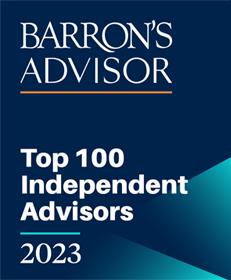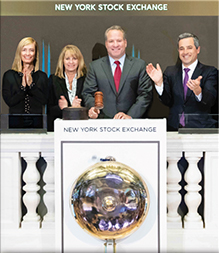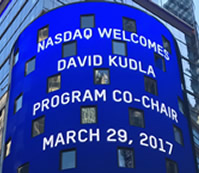(excerpt)
Back in 2008, the U.S. was reeling from a banking crisis that subsequently plunged our economy into a recession. The Federal Reserve would unleash unprecedented measures to shore up the financial system and prevent the likelihood of a systemic worldwide collapse of the banking system as we know it. Announcing new emergency lending measures, the Fed cut interest rates, created an alphabet soup of programs such as TARP, TALF, TAF, as well as a series of QE programs. All of this was done to give the banks time to recapitalize their balance sheets, reduce leverage, and allow the markets to clear in a somewhat orderly process.
Europe now has a banking crisis of its own. The financial institutions in Europe and the European Central Bank (ECB) are headed down an eerily similar path, but for entirely different reasons. As a result, European bank stocks, all of them, should be avoided.
The bad news
The European Central Bank may soon be put in a position to support some of the largest financial institutions in order to prevent further contagion across the sector and the economy as a whole. Since July 2015, we have seen the iShares MSCI Europe Financials ETF (EUFN), by more than 27%. Some of the largest European banks — such as Deutsche Bank (DB), Barclays — have crumbled 53% and 50%, respectively, over the same period of time. These price swings will not abate soon. In fact, the situation could get far worse before it gets better. …
More bad news
Underperforming loan exposure is another large risk for these institutions. Current estimates show banks in the euro area have nonperforming loan ratios (NPLs) of over 7%. At the height of the financial crisis, U.S. banks had a NPL ratio of just 5%. In fact, current estimates show Italian banks have a NPL ratio as high as 17%. Accordingly, share prices of some of the oldest banks in Italy reflect this reality. …
… Where there’s smoke there’s fire. Right now, we see a lot of smoke coming from the European banking system in the form of low-to-negative interest rates, downward bond yields, the risk of underperforming loan exposure, and the uncertainty of Brexit. Therefore, we are steering clear.
If you would like a copy of the complete article, please send an email request to This email address is being protected from spambots. You need JavaScript enabled to view it., or call toll-free 1-866-444-6246. If sending an email request, please include the following: title and date of article, and mailing address.







